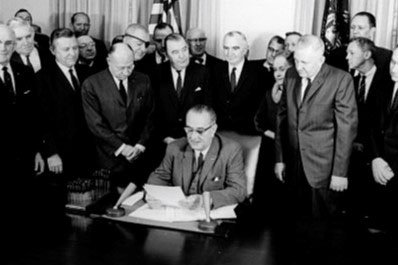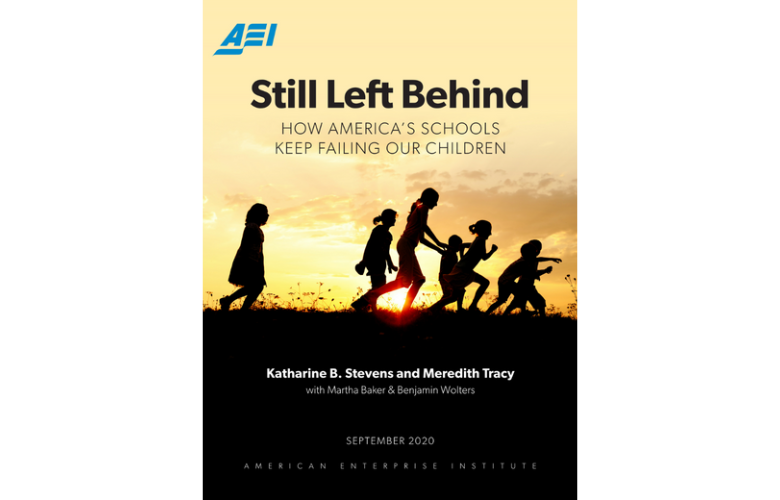ECONOMIC MOBILITY
Katharine Stevens joins the Economics of Flourishing series at the Archbridge Institute to discuss the role of education, parental stability, and skills development in fostering human flourishing.
Dr. Phil Fisher joins the podcast to discuss his pioneering work on the effects of early stressful experiences on young children’s development.
An expert panel joins CCFP and the Niskanen Center to discuss Katharine Stevens’s new report on the strengths and weaknesses of Build Back Better’s early care and education legislation, and the best path forward for federal policy.
Katharine Stevens interviews economist Art Rolnick about his nationally recognized work with the Minnesota Early Learning Scholarships program, a parent-choice-driven model providing scholarships to parents with children from ages prenatal to five.
Katharine Stevens interviews Chris Bullivant about why social capital matters to a thriving society, and how the foundation of social capital is formed through children’s secure attachment established in the birth-to-three period.
In the second part of this two-part conversation, Katharine Stevens continues her discussion with economists James Heckman and Jorge Luis Garcia about their pioneering research on how improving parenting is the essential mechanism of effective early childhood programs.
In the inaugural episode of CCFP's new podcast, Katharine Stevens interviews renowned economists James Heckman and Jorge Luis Garcia about their collaborative research on the power of early childhood interventions to promote social mobility and build human capital.
Katharine B. Stevens talks with the filmmakers of “THE ANTIDOTE,” Kahane Cooperman and John Hoffman, about how they hope their new film drives a national discussion about the essential role of kindness and compassion in a civil democracy.
Leaders from Ascend at the Aspen Institute join Katharine Stevens to discuss how their two-generation approach to improving social welfare programs aligns services around parents and their young children, helping build an intergenerational cycle of opportunity for families.
Katharine Stevens and Matt Weidinger propose allowing parents to advance future child tax credits into the earliest years of their child’s life, strengthening families' ability to choose how and by whom their children are cared for during the formative first years of development.
As a third COVID wave sweeps the United States, achievement gaps between higher- and lower-performing students are widening. A national tutoring program is our best chance for averting an educational disaster.
We need good schools now more than ever. But it’s hard to see how they’ll be any better after COVID than they’ve been for decades before it.
Our excessive focus on schooling — rather than the non-school environments that most powerfully shape children’s lives — continues to hurt the very children we are trying so hard to help.
Early reading proficiency is a crucial predictor of school, work, and life success. But a deeply flawed idea about how to teach reading is widening early inequalities, setting millions of children up to fail.
One-third of lower-income eighth graders still fail to demonstrate even minimal competence in reading and math, and wide achievement gaps persist in every state, despite decades of ever-intensifying school reform and steadily increased spending,
Small in-home centers care for fewer kids at a time, which means less opportunity for disease transmission — and more opportunity for small-business owners.

















